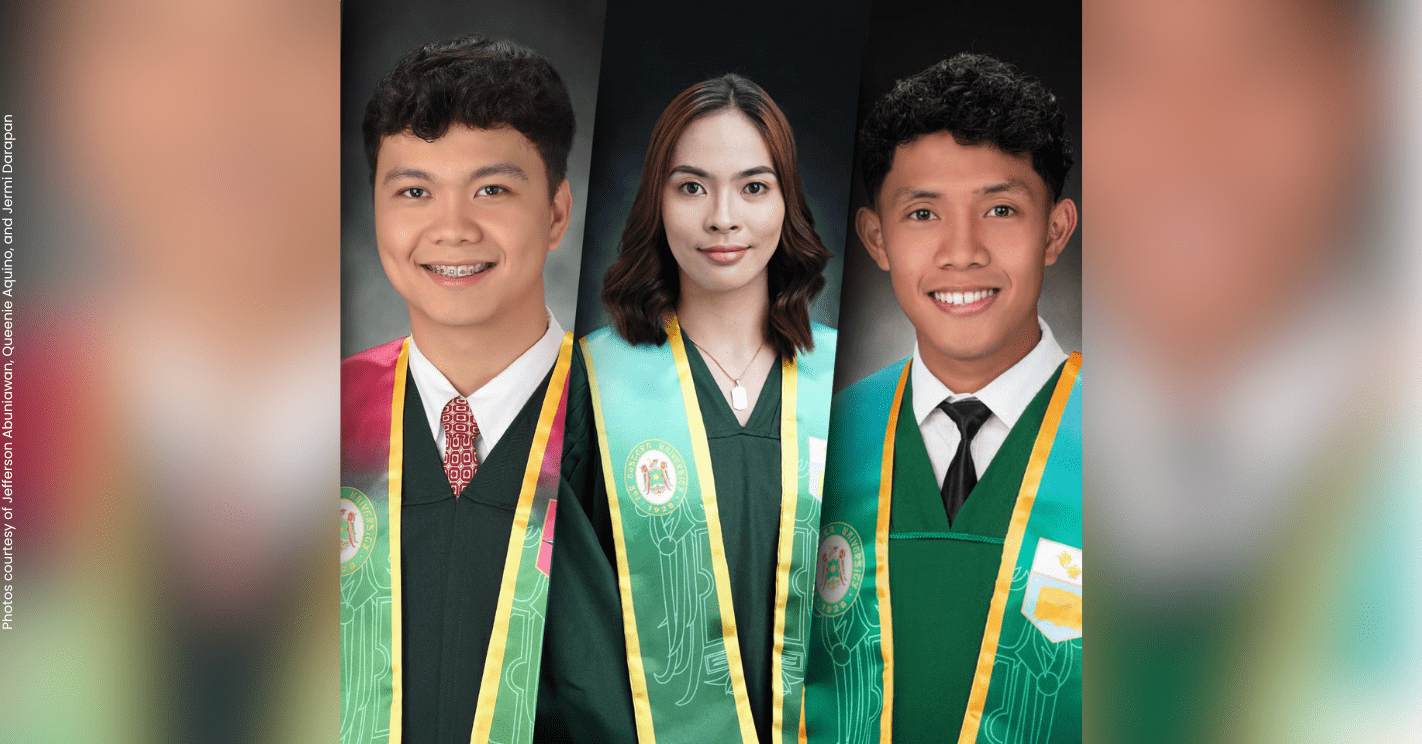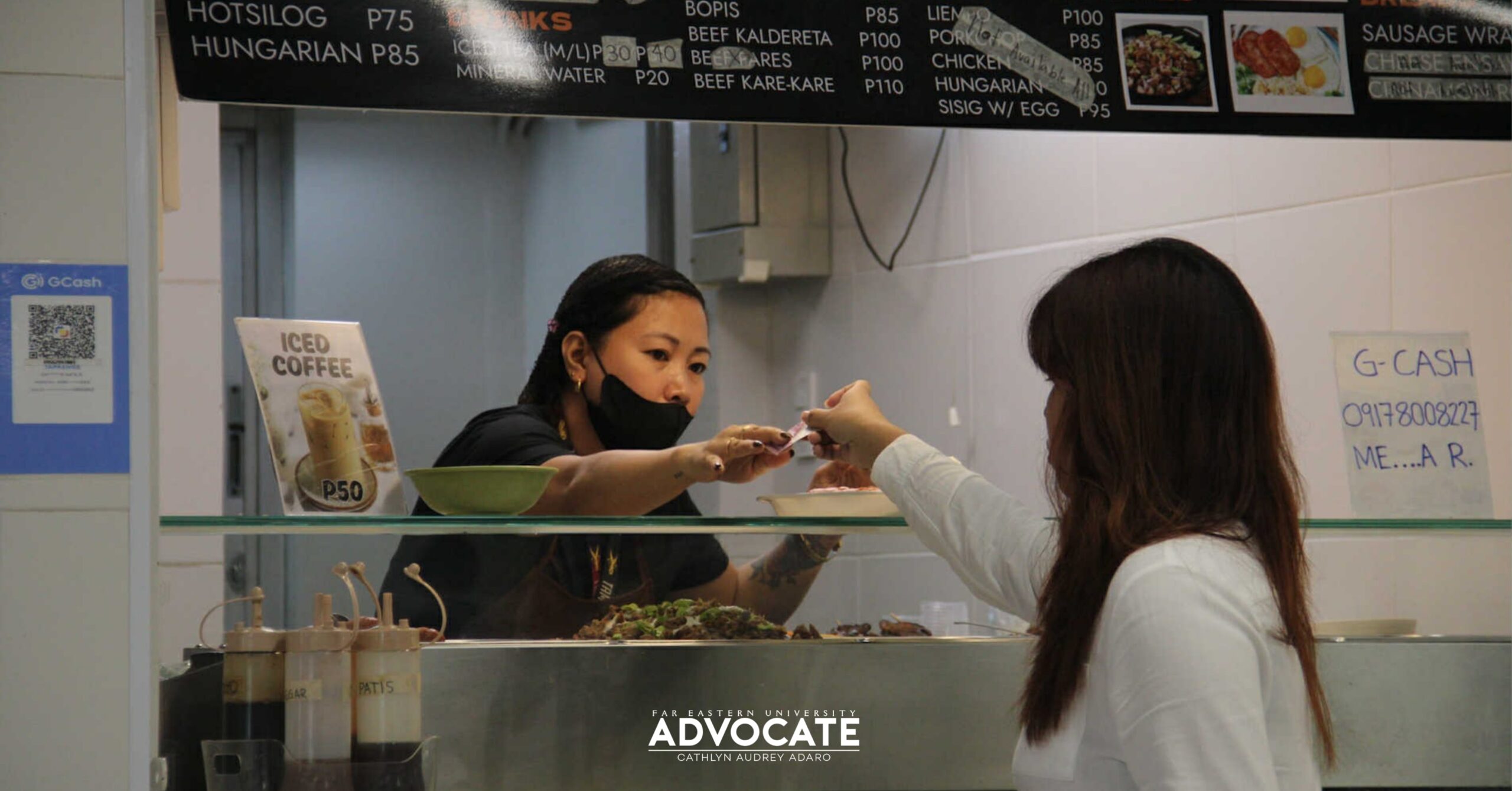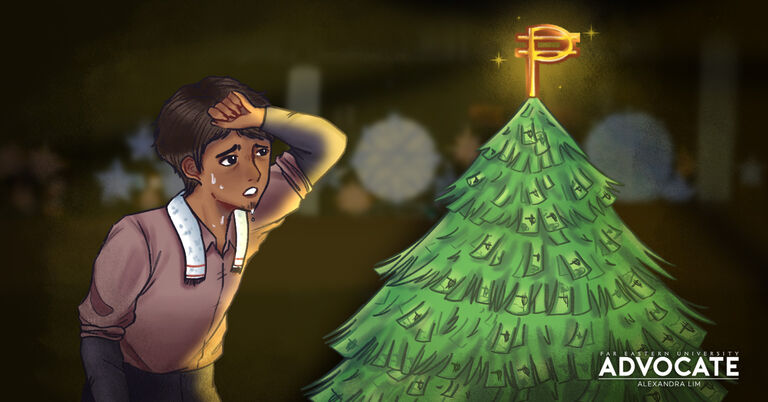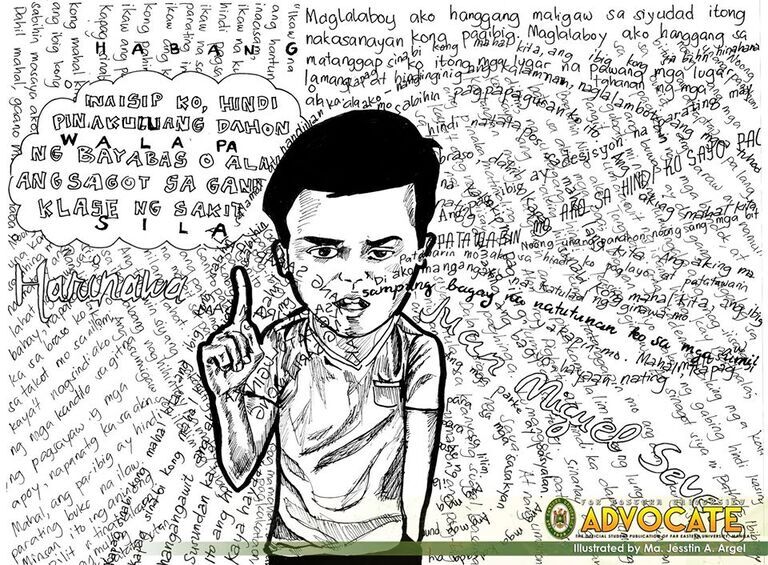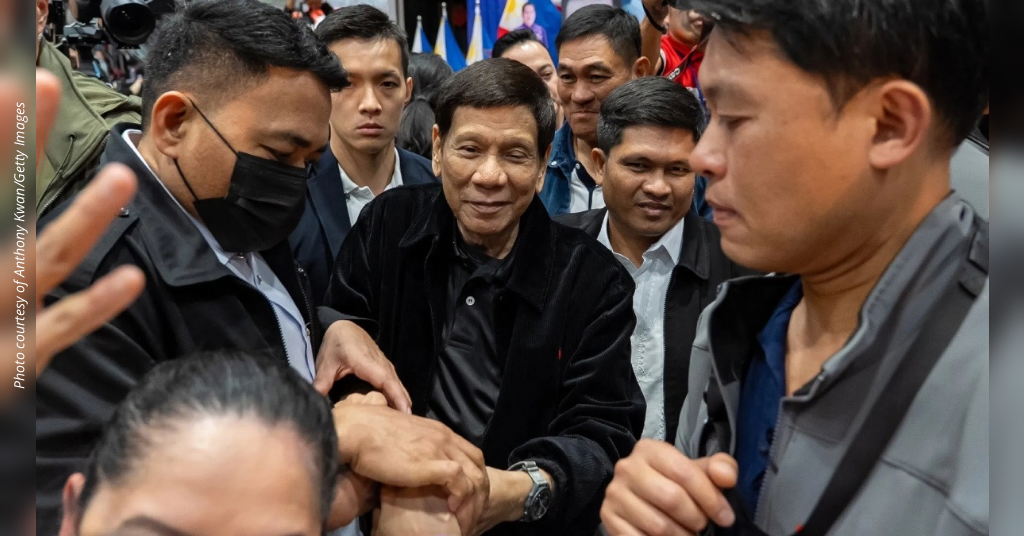
FEU concludes elims with close victory vs UE
- May 02, 2024 15:56
FEU Advocate
October 08, 2025 18:11
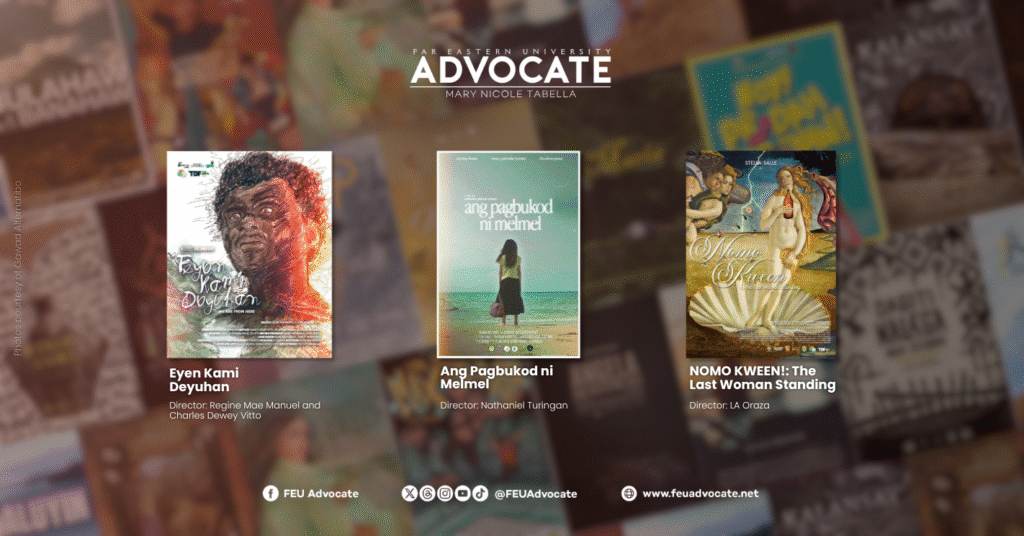
By Randy Espares Jr.
Far Eastern University (FEU) Communication students Nathaniel Turingan, LA Oraza, Regine Mae Manuel, and Charles Dewey Vitto showcased their narrative and documentary films as part of the Cultural Center of the Philippines’ (CCP) 37th Gawad Alternatibo screening at the Red Carpet Cinemas of Shangri-La Plaza in Mandaluyong City this October 6 to 10.
Turingan’s ‘Ang Pagbukod ni Melmel’ is nominated under the narrative category, while Oraza’s ‘NOMO KWEEN!: The Last Woman Standing’ and ‘Eyen Kami Deyuhan (We Are From Here)’ by Manuel and Vitto are part of the festival’s documentary short films.
The films started showing this October 7 with the narrative film under Set A, while documentaries Eyen and Nomo Kween will show at Set B and C, respectively.
The Tamaraws’ works are among 52 short films selected by CCP from numerous entries all over the Philippines ranging from animation, narrative, and documentary genres.
TAM DokyuFest ‘25: from classroom to the big screen
Two of the films came from the Department of Communication’s annual film festival for third-year students, the TAM DokyuFest.
This is where Manuel and Vitto bagged the First Runner-Up award for Best Documentary, while Oraza’s film won Best Editing and Second Runner-Up for the same category.
In an exclusive interview with FEU Advocate, the directors shared their reason for creating the documentaries.
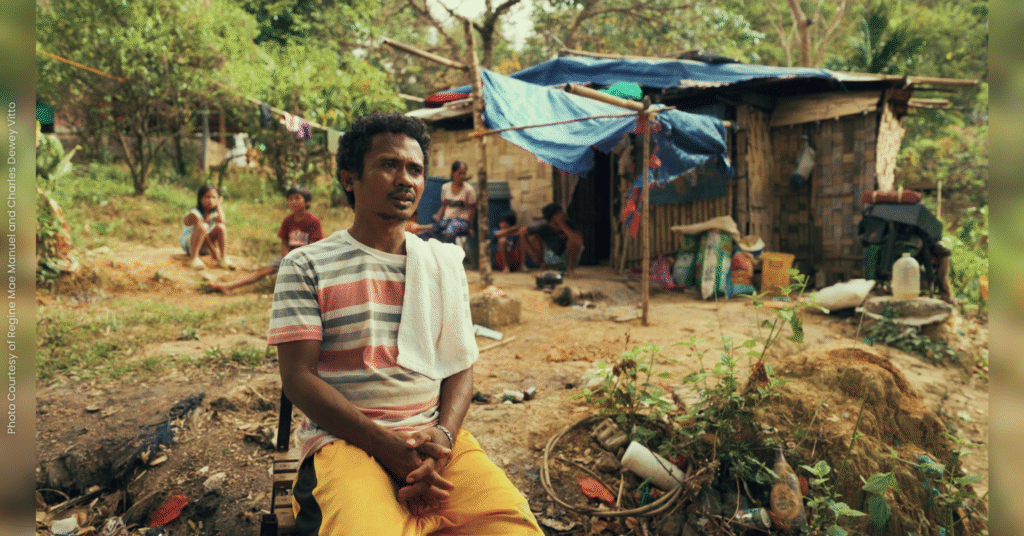
For Vitto, it was a full circle moment as speaking up about the Indigenous people’s (IPs) culture had always been his advocacy.
“I’ve carried this fire for their struggles and their culture for as long as I can remember. It has always been my personal advocacy. Even back in elementary school, when I served as Editor-in-Chief, I often wrote about them in our school paper. Later in college, I would weave their narratives into my formative assessments for my communication subjects,” Vitto explained.
Despite being her first time directing a documentary, co-director Manuel wanted to use her capabilities as a platform to amplify the causes of IPs.
“My only goal was to tell their story as authentically as we could and let their voices tell their own story in a way that people outside their indigenous tribe could understand. I wanted it to be heard and treated as important as any national problem,” she said.
Eyen Kami Deyuhan is a documentary centered around the struggles of the Dumagat IPs amid land-grabbing and state fascism.
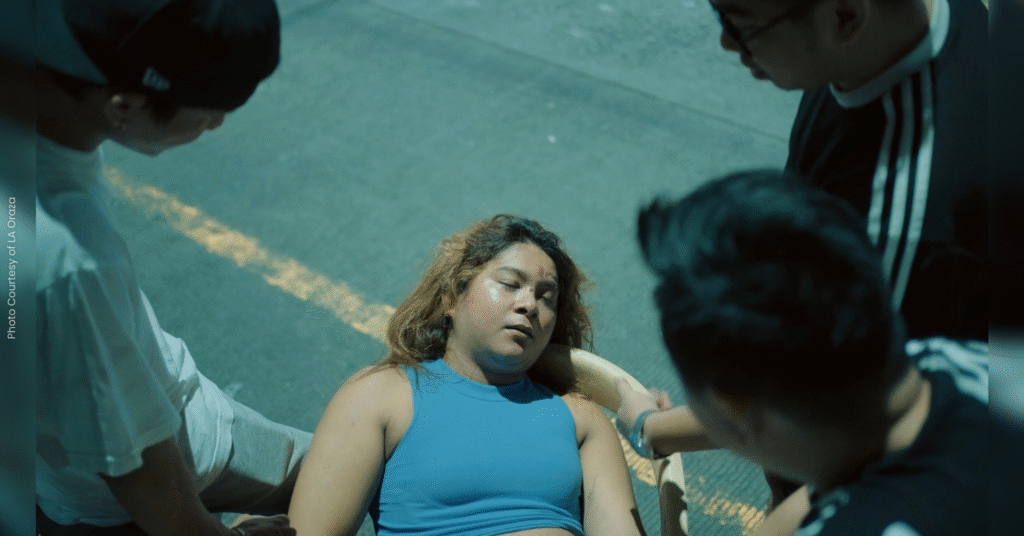
Meanwhile, Film director Oraza became interested in making a ‘behind-the-stardom’ documentary for online sensation Stella Salle while ‘doomscrolling' on TikTok. Realizing how iconic the comedian is, she and her team started developing the concept.
“There’s so much more we can talk about her—the story behind these viral videos is one thing. But above all, it opened my eyes how she’s always been an unapologetic and unconventional trans icon without everyone realizing it right off the bat,” the filmmaker described.
In making the documentary, she took inspiration from other forms of media such as Antoinette Jadaone’s ‘Six Degrees of Separation from Lilia Cuntapay’ and the Netflix Series ‘American Vandal.’
More than being a visual treat for audiences, documentaries serve as an avenue for powerful storytelling of lived realities, which the filmmakers aimed to encapsulate in making their works.
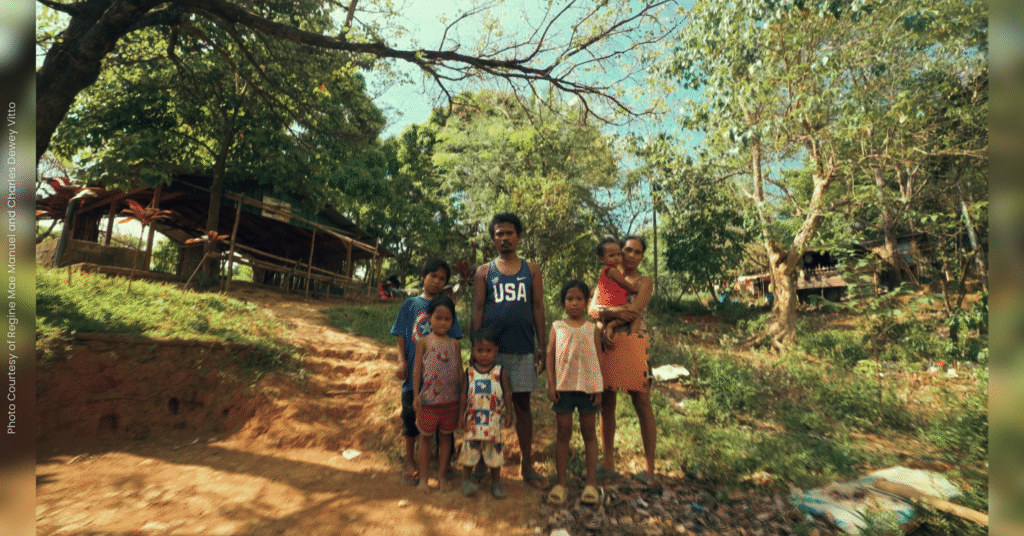
For the Indigenous-focused directors, it is about shedding light on the oppression against IPs, despite the dangers of tackling such a controversial topic.
“We hope to give a glimpse into how militarization in ancestral lands is oppressing and intimidating indigenous people and compromising their livelihood. Our goal is to spark conversation, empathy, and even outrage, showing that this kind of oppression is unacceptable,” Manuel said.
According to Vitto, he hopes that this inspired other filmmakers to go beyond, and chase stories that are not often told by the mainstream media.
“It is okay to tell stories that are not popular or mainstream, what matters is that you are telling the truth. As long as your story is real and sincere, it deserves to be told,” Vitto emphasized.
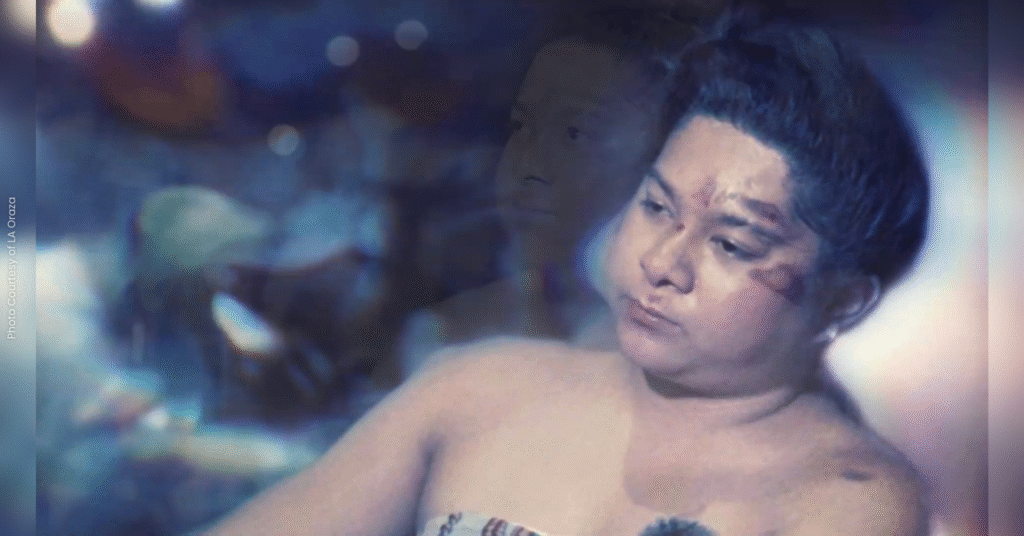
In Oraza’s film, she tried to redefine what it means to be a transwoman, highlighting how Salle breaks the norm.
“We felt that this documentary was just as important as any other because transwomen are always held to a high standard—they should be prim, thin, and ‘palatable’ to the audience. We also believe that womanhood shouldn't be defined by what society considers to be a woman, and that the emphasis should now be on dismantling it,” she expressed.
Apart from tackling gender issues, it also touches upon the idea that internet personalities are more than their personas online, and that they are also humans capable of making mistakes.
However, Oraza claimed that rather than ‘normalizing’ their errors, it is more about showing reality.
“But not to the point we encourage them to normalize or romanticize about certain issues but rather to become an eye-opener for many,” she added.
With its theme of ‘Pasiklab,’ the 37th Gawad Alternatibo aims to ignite curiosity, creativity, and storytelling through alternative media.
Established in 1987, CCP’s Gawad Alternatibo is the longest-running independent film competition in Southeast Asia.
(Photos courtesy of Gawad Alternatibo, LA Oraza, Regine Mae Manuel, and Charles Dewey Vitto)

